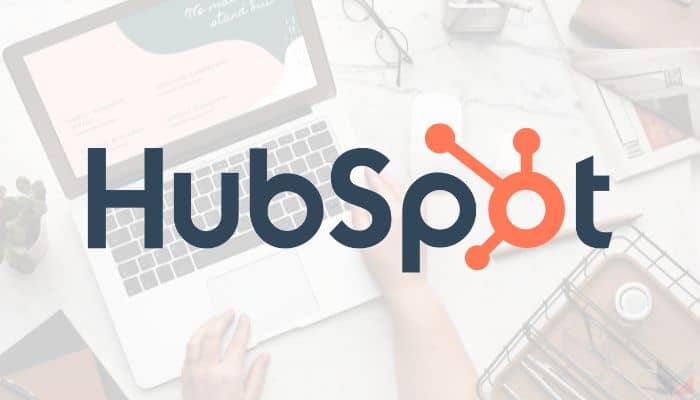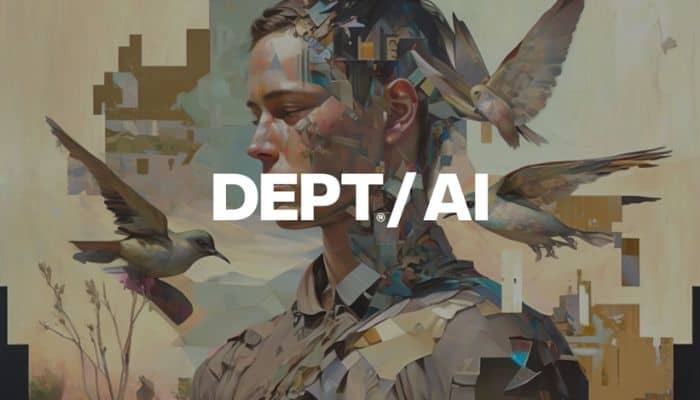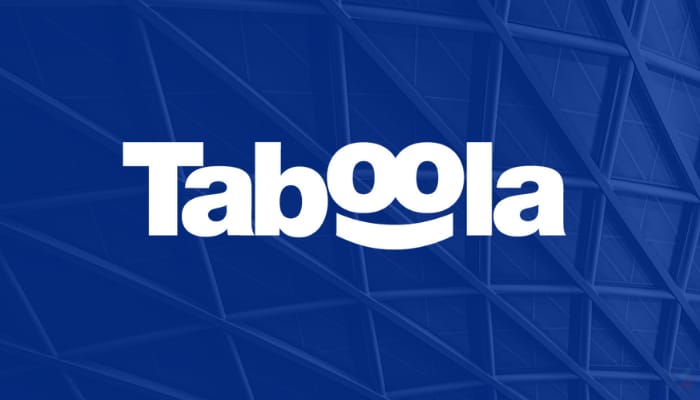Kuala Lumpur, Malaysia – Brand strategy consultancy Brand Soul Malaysia Sdn Bhd has announced the launch of an artificial intelligence (AI) driven marketing strategy platform in the country. The launch will be done in collaboration with marketing strategy technology platform Robotic Marketer.
The new partnership is a women-led venture by Stella Wong, founder of Brand Soul Malaysia and Mellissah Smith, CEO of Robotic Marketer, stepping towards building the future of marketing.
The launch intends to transform the branding and marketing landscape by becoming the sustainable brand and AI marketing partner for growing businesses, as well as help marketers capitalise on AI and ChatGPT technology for better marketing ROI.
“We are thrilled to be the leading licensee of Robotic Marketer in Malaysia to extend our service offerings. With ChatGPT technology becoming the buzzword in almost every industry, we aim to become Malaysia’s first branding and marketing consultancy that puts technology and experience into real practice,” said Wong.
Wong also explained that the marketing automation platform will be a ‘game-changer’ for businesses, with up-to-date data analysis, reporting, and full visibility of marketing strategy performance in one single platform.
She also mentioned that some of its key functionalities include creating a comprehensive marketing plan and tactics with the target audience and competitor insights and will feature a 12-month marketing calendar with real-time data and industry benchmarking analysis.
Smith also commented on the partnership, stating, “We found that Brand Soul had accumulated respect in the industry working with companies that benefited from their creative approach and performance-centric brand marketing campaigns. The leap into data-driven marketing strategies using artificial intelligence is a good fit with Brand Soul’s expertise in branding and marketing.”
Moving forward, Brand Soul will launch a series of AI marketing awareness programmes and introduce Channel Partnership Programme to help software companies and their channel partners develop go-to-market strategies to build brands and generate leads. Companies that Robotic Marketer work with across the channel include SAP, Oracle, Mitel and Zift.
Brand Soul will also offer Robotic Marketer as part of its branding and marketing services suite, including brand strategy, brand identity, digital marketing, seed marketing, and content creation, amongst others.











